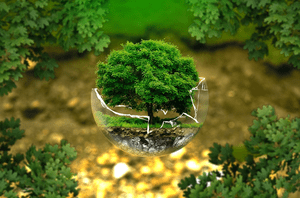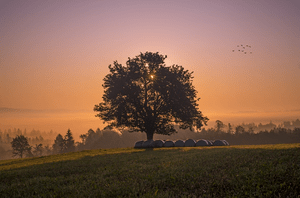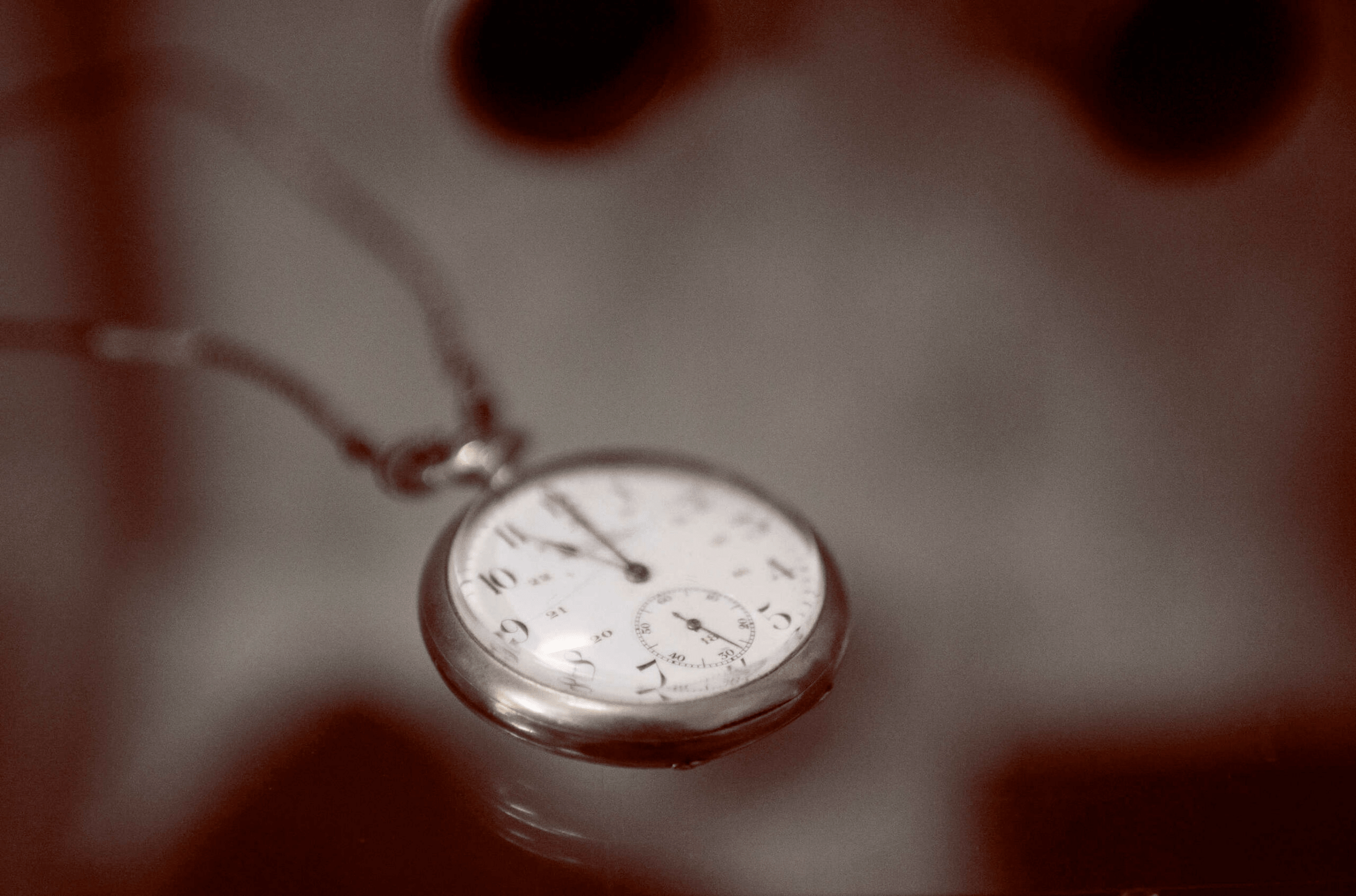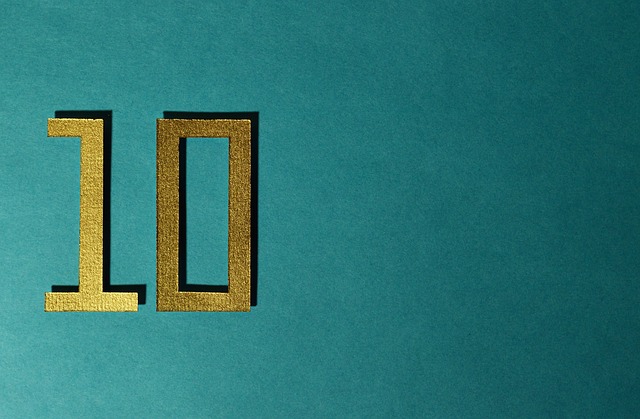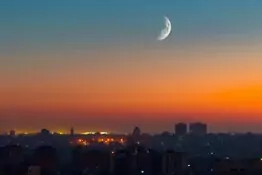اَللّٰهُمَّ إِنِّيْ أَسْأَلُكَ الْعَافِيَةَ فِي الدُّنْيَا وَالْآخِرَةِ ، اَللّٰهُمَّ إِنِّيْ أَسْأَلُكَ الْعَفْوَ وَالْعَافِيَةَ فِيْ دِيْنِيْ وَدُنْيَايَ وَأَهْلِيْ وَمَالِيْ ، اَللّٰهُمَّ اسْتُرْ عَوْرَاتِيْ وَآمِنْ رَوْعَاتِيْ ، اَللّٰهُمَّ احْفَظْنِيْ مِنْ بَيْنِ يَدَيَّ ، وَمِنْ خَلْفِيْ ، وَعَنْ يَّمِيْنِيْ ، وَعَنْ شِمَالِيْ ، وَمِنْ فَوْقِيْ ، وَأَعُوْذُ بِعَظَمَتِكَ أَنْ أُغْتَالَ مِنْ تَحْتِيْ
O Allah, I ask You for well-being in this world and the next. O Allah, I ask You for forgiveness and well-being in my religion, in my worldly affairs, in my family and in my wealth. O Allah, conceal my faults and calm my fears. O Allah, guard me from in front of me and behind me, from my right, and from my left, and from above me. I seek protection in Your Greatness from being unexpectedly destroyed from beneath me.
Allāhumma innī as’aluka-l-ʿāfiyata fi-d-dunyā wa-l-ākhirah. Allāhumma innī as’aluka-l-ʿafwa wa-l-ʿāfiyata fī dīnī wa dunyāya wa ahlī wa mālī, Allāhumma-stur ʿawrātī wa āmin rawʿātī. Allāhumma-ḥfaẓnī mim bayni yadayya wa min khalfī, wa ʿay-n yamīnī wa ʿan shimālī wa min fawqī, wa aʿūdhu bi-ʿaẓamatika an ughtāla min taḥtī.
ʿAbdullāh b. ʿUmar (raḍiy Allāhu ʿanhumā) narrated: “The Messenger of Allah ﷺ never failed to say these words in the morning and in the evening.” (Abū Dāwūd 5074)
Brief Commentary
• In this duʿā’, we seek Allah’s forgiveness and ask Him for wellbeing. This is a very important thing to ask Allah, as the Prophet ﷺ said, “Ask Allah for forgiveness and wellbeing, for no one is given anything after certainty that is better than wellbeing” (Tirmidhī 3557).
• When seeking Allah’s forgiveness, we are asking Him to forgive our sins and also wipe them off our record of deeds.
• Wellbeing in this life includes protection from physical, mental and spiritual ailments, including sins.
• When we ask for wellbeing, we are asking Allah to save us from all trials and tribulations, to strengthen our heart and our physical state so that we meet Him free from sins.
• We ask Allah for wellbeing ‘in this world and the next’. This encompasses all the states that we will be in.
• Wellbeing in the next life includes protection from the punishment of the grave, terrors of the Day of Judgement, and the torments of the Hellfire.
• To strengthen our request, we repeat it again, clarifying that we want wellbeing in our religion, our life, our family, and wealth.
• Wellbeing in our ‘religion’ means to be saved from committing sins or having incorrect beliefs; and ensuring our tawḥīd of Allah is complete.
• Wellbeing in our ‘worldly affairs’ means to be saved from calamities and errors that cause us to be heedless of the remembrance of Allah or completing acts of worship.
• Wellbeing in our ‘family’ means that we are all saved from trials and evil, including being saved from having problems with each other.
• Wellbeing in our ‘wealth’ is protection from it being lost or stolen; and to be saved from spending it in a way that displeases Allah.
• As a supplement to asking Allah for wellbeing, we also ask Him that He conceals our faults. This includes everything we dislike for others to know about us.
• We also ask Him to calm our fears, so that we can live peacefully.
• For the final part of the duʿā’, we ask Allah to protect us from all angles. This includes the four angles that Shayṭān promised to attack us from, as Allah mentions in the Qur’ān that Shayṭān says, “And then I shall come to them from in front of them, from behind them, from their right, and from their left…” (7:17).
• In addition to these four angles that Shayṭān promised to attack us from, we also ask Allah to protect us from the remaining two angles, which are from above us and from beneath us.
• The request to be saved from beneath us is a stronger request (i.e. the addition of ‘from being unexpectedly destroyed’ instead of just ‘beneath me’; and asking through Allah’s ‘Greatness’). This could refer to being swallowed up by the earth as a punishment by Allah, just as Pharaoh and Qārūn were destroyed, and will happen to people towards the end of times. It could also refer to unexpected difficulties. Thus, we are asking Allah to protect us from committing something that deserves for us to be punished in this life by Him.
Action Points
• Always ask Allah for forgiveness and wellbeing as it is from the greatest gifts you can receive.
• The whole duʿā’ is all-encompassing within the first few words. However, we repeat this request and detail our requirements further so that we show insistence in our request – and this is something that Allah loves.
• We also repeat and expand on this request so that we actually ponder over what we want and therefore request it from our heart.
• Shayṭān tries to attack you from all angles so ensure you are always aware of his plots, and ask Allah to protect you from him.


